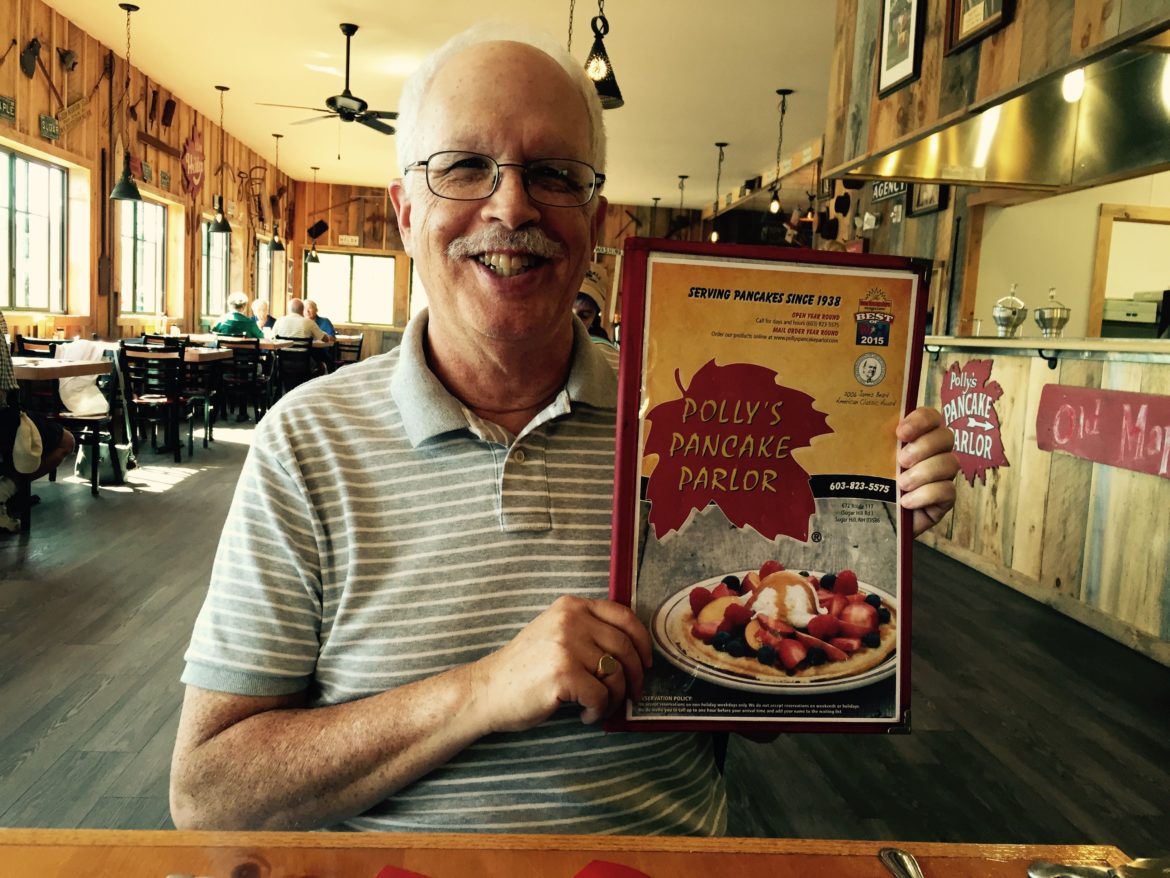By Mark Okrant,
NH Travel Guru
Whether the sight of visitors entering the state fills you with delight or makes you tremble, there is overwhelming evidence of the activity’s importance for New Hampshire.
Behind the scenes, Concord legislators scrutinize the Division of Travel and Tourism Development’s estimates of visitor traffic and spending, knowing that those numbers translate into dollars they can use to operate the state.
During the weeks that follow, it will be my appointed task to convey an understanding of New Hampshire tourism, while occasionally exploring how the industry has evolved in response to changes in transportation, technology, marketing, leisure styles, and other influences.

Mark Okrant, NH Travel Guru
A sensible place to begin this journey is with a discussion of the reasons why federal, state, and local governments spend their money to compete for travelers’ “heads in beds and butts in seats”—a time-honored tourism expression. For the sake of simplicity, we will focus upon five factors: spending, revenue, jobs, infrastructure and superstructure development, and the role of visitation in improving our own sense of place.
Spending by visitors is of paramount importance for the operation of our traditionally frugal state government. In 2014, New Hampshire received $5.4 billion dollars in visitor spending. This “direct” spending, in turn, stimulated payments to service suppliers, as well as wages for workers in the tourism, service, and supply industries.
Altogether, these injected more than $15 billion into the economy.
In a state that has no sales tax, New Hampshire receives the majority of its tourism-related revenue from the Rooms and Meals Tax, a 9 percent assessment upon purchases at commercial lodgings and restaurants. According to data recently released by the Department of Revenue Administration (DRA), this figure totaled more than $292 million during FY 2016, or roughly 16 percent of total state revenues.
Travel and tourism are a significant employer of Granite Staters. Spending by travelers has made the hospitality and leisure industry this state’s fourth leading full- and part-time employer, with nearly 70,000 jobs during 2015, or about 10 percent of all non-farm employment. Given the decline of traditional forms of manufacturing employment, tourism jobs have become fundamental to New Hampshire’s economic health.
During the first two quarters of 2016 alone, direct travel-generated payroll earnings totaled $486 million, an increase of 2.6 percent (DTTD) compared to 2015 . . . strong evidence that this is a growth industry.
Back in the 1950s, President Eisenhower induced Congress to support the interstate highway system by telling them that it was vital for national defense. Similarly, current day public officials have been responsive to the travel industry’s demand for new infrastructure (water and sewer lines, roads, etc.) and superstructure (e.g., parking garages).
Of course, these projects are promoted as serving the needs of Granite Staters and daily business commuters. Please raise your hand if you think those projects would have been funded without the presence of a strong travel and tourism industry.
Finally, during my years as a researcher and consultant, I have visited communities wherein civic attitudes had lapsed to a level somewhere between apathy and revulsion. In one north country town, this malaise seemed incurable.
However, after a number of outsiders showed curiosity about a historic structure and the interesting cultural landscape it spawned, the outpouring of civic pride was amazing.
Dormant local organizations sprang back to life; storefronts and park benches received long-overdue coats of paint; directional signage appeared; and new businesses inquired into the availability of vacant storefronts. Suddenly, proclaiming residency in that seemingly forgotten burg was accompanied by a certain amount of chest-pounding.
Moving forward, I hope that this concise look at the potential impact of travel and tourism will influence you to maintain a critical eye toward relevant actions by your public officials and business leaders. Let’s talk again next Sunday.
After forty years as an educator, researcher, and consultant, Mark Okrant joins IndepthNH.org to offer concise, informative insight into New Hampshire’s travel and tourism industry as a business, while showcasing the people and places you want to know about. This guy’s really been around. And, he’s funny, too.
For more about Mark’s compelling tourism-based murder mystery series, visit www.markokrant.
For information on current things to do in New Hampshire, click here.





